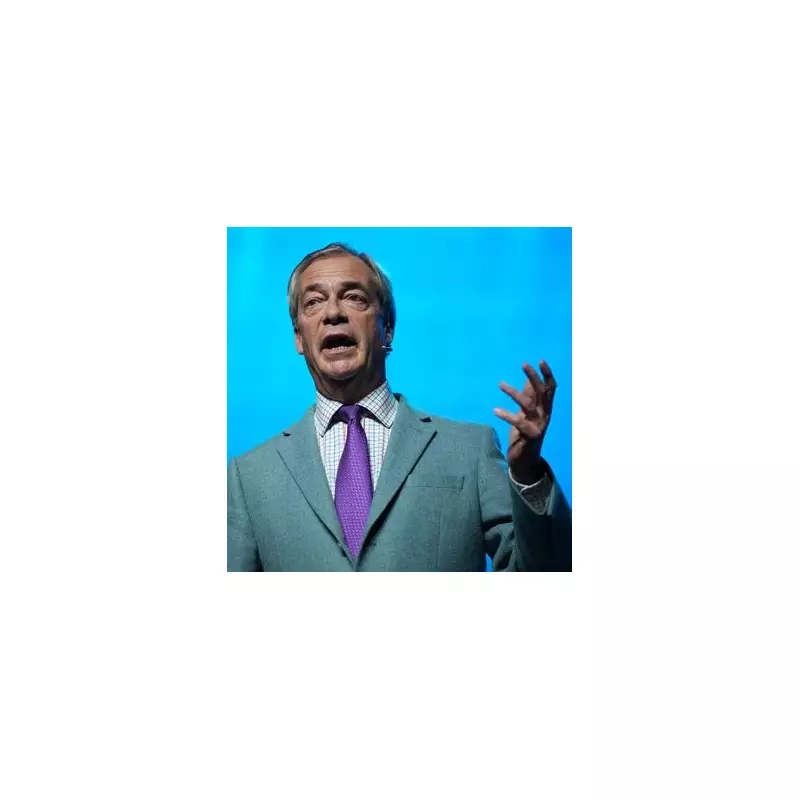
Reform UK leader Nigel Farage has issued a forceful new statement, categorically denying allegations of racism stemming from his time as a pupil at a top private school nearly five decades ago.
The Allegations from Dulwich College
The political firestorm was ignited after former classmates from Mr Farage's time at Dulwich College in south London came forward with claims about his behaviour as a 13-year-old. Award-winning director Peter Ettedgui alleged that the future politician would tell him "Hitler was right" and make comments about gas chambers, complete with a hissing sound. Another unnamed former pupil claimed that in a youth organisation, Mr Farage taught songs about gassing Jews.
These accounts, published by The Guardian and later discussed by Mr Ettedgui on the BBC, describe incidents alleged to have occurred 49 years ago. Mr Ettedgui stated he felt "upset and angry" that Mr Farage was being "fundamentally dishonest" by suggesting the ex-pupils were not telling the truth.
Farage's Forceful Rebuttal
In his statement, released some 24 hours after a tense ITV interview on the subject, the Reform leader was unequivocal in his denial. "I can tell you categorically that I did not say the things that have been published in the Guardian aged 13, nearly 50 years ago," he asserted.
Mr Farage positioned himself as a victim of a political smear campaign, pointing to his party's strong performance in the polls. "Isn't it interesting... it is only now that my party is leading in the polls that these allegations come out," he said, inviting the public to draw their own conclusions.
He further defended his record, stating, "I have done more in my career to defeat extremism and far-right politics than anybody else in the UK, from my time fighting the BNP right up to today." He also questioned the motives of his accusers, noting that one is the current chair of the Salisbury Lib Dems, and framed the attack as coming from a "desperate establishment."
The Political Fallout and Reform's Stance
The controversy emerges at a critical time for Reform UK, which has seen a surge in support. A spokesperson for the party previously called the allegations "entirely without foundation," criticising The Guardian for producing no contemporaneous evidence. They predicted that such "cynical attempts to smear Reform" would intensify as the next election approaches.
It is important to note that there is no suggestion the adult Mr Farage holds the views ascribed to him as a child. Furthermore, other students have come forward stating they have no recollection of the remarks or behaviour described by Mr Ettedgui.
This incident marks another chapter in the long and contentious career of Nigel Farage, who remains one of the most scrutinised and polarising figures in British politics.





